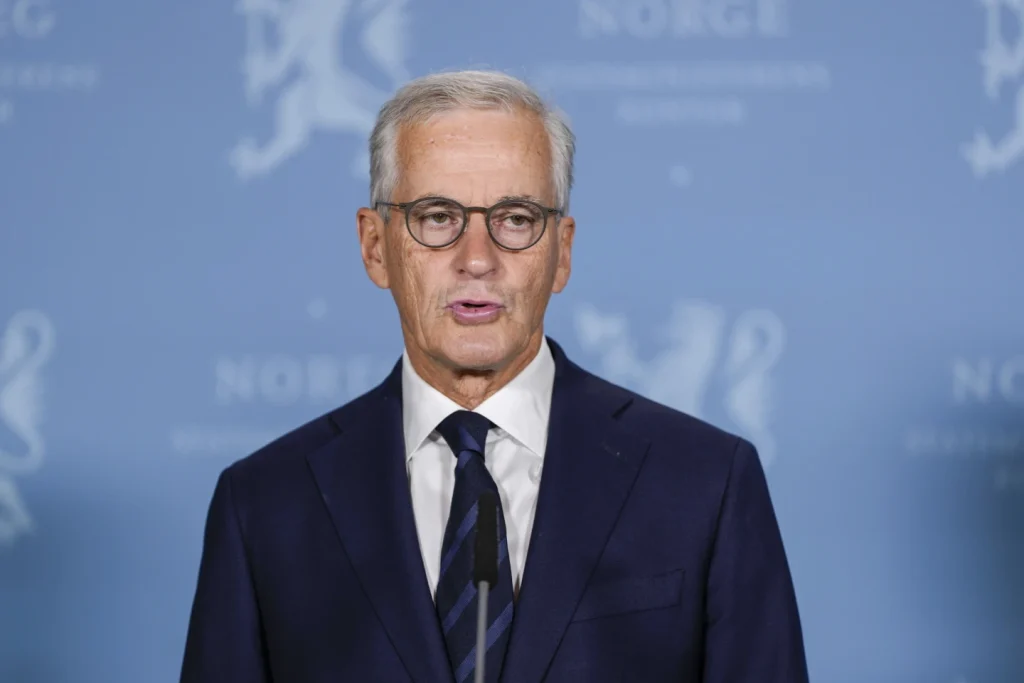Prosperous Norway is holding an election, with inequality and the future of its long-standing wealth tax at the forefront of debate.
The race is expected to be close. It pits the center-left bloc, led by Prime Minister Jonas Gahr Støre’s Labor Party, against a right-wing coalition. Støre has served as Norway’s leader for the past four years. Voting began on Sunday and continues through Monday.
Labor aims to maintain the wealth tax, in place since 1892. The Conservative Party wants to reduce it, while the Progress Party proposes to eliminate it entirely. Previously a fringe issue, the wealth tax has become a central topic of this campaign.
About 4.3 million Norwegians — out of a population of 5.6 million — are eligible to vote for the 169-member Storting (parliament). Official results will be announced Tuesday, followed by coalition talks and Cabinet negotiations.
The election outcome likely won’t impact Norway’s foreign policy. The country remains a committed NATO member and a firm supporter of Ukraine in its defense against Russia.

💰 Wealth Tax: A Key Election Issue
Norway’s wealth tax applies a rate of up to 1.1% on net assets exceeding 1.76 million kroner (around $176,000). Although reductions apply for debts and property ownership, the tax still raises significant revenue. According to the Labor Party, eliminating it would cost the nation 34 billion kroner ($3.3 billion) each year.
However, the Progress Party, which currently leads the right-wing bloc, believes the tax undermines economic growth. Party leader Sylvie Listhaug argues that it unfairly targets entrepreneurs who own large stakes in companies but earn little income.
“The money paid in wealth tax could have been spent creating businesses, new jobs, and more innovation,” Listhaug told The Associated Press.
📊 Right-Wing Momentum Grows
Recent polls show the Progress Party gaining more support than the Conservatives, led by former Prime Minister Erna Solberg. Solberg previously led a center-right coalition from 2013 to 2021.
Part of this momentum comes from a highly effective social media campaign. Young influencers, for instance, have energized younger voters, many of whom strongly oppose the wealth tax.
Moreover, Listhaug says dissatisfaction is growing among Norway’s youth.
“I think young people are really unhappy about Norway’s direction,” she noted. “They’re concerned about immigration, crime, foreign aid, and excessive green subsidies. The future looks dim, and they want change.”














